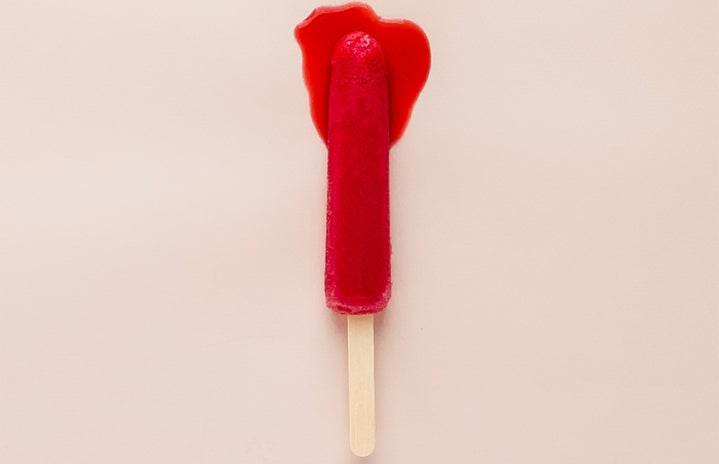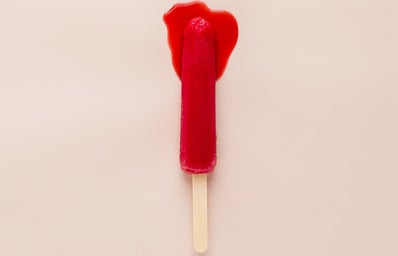Periods can be terrible. The cramps, and cravings, and PMS, and getting blood on your favorite pair of jeans; the whole thing can be really unpleasant. If you’re like me, the only thing you really worry about when it comes to your period is the discomfort. But for millions of people across the country, periods become a choice between eating and sanitary products.
The average woman spends 2,535 days of her life menstruating. And if she doesn’t have five dollars readily available to get the products she needs, that’s nearly seven years of her life spent struggling due to something she has no control over.
Period poverty is an issue that affects a lot more people than you would think. When you think of poverty and homelessness, issues related to menstruation are not usually the first thing that comes to mind, but it needs to be. Access to pads and tampons is a serious issue that affects health, hygiene, and education, but because of the stigmas around periods, we don’t talk about it.
There are 5,000 different slang words in 10 different languages meaning menstruation. That’s two times more euphemisms than days in a person’s life actually spent bleeding. As a society, we can barely say the word “menstruate” let alone speak about it in public. This stigma around periods has caused people to think of their period as embarrassing, disgusting, and something they should be ashamed about. We are taught to hide our periods and go leaps and bounds to conceal anything that has to do with them. So, we don’t talk about them or financial hardships they can cause.
According to CBS News, when you are homeless and the clothes you are wearing are the only clothes you have, bleeding through them is not an option. But there are a few other options. Food stamps and health spending account allowances do not cover pads and tampons, they are not covered by insurance or Medicaid, and they are rarely offered for free in public restrooms.

According to Congresswoman Grace Meng, when access to sanitary products is prohibiting people from eating, going to work, having equal access to education, or feeling comfortable in their learning environment, it becomes a human rights issue. And it becomes a sex discrimination issue. In the words of the ACLU, “This tax targets a bodily function associated with women for less favorable treatment. It relies on sexist ideas that women’s needs are frivolous and unnecessary. It is irrational, and it directly affects cis and trans women, trans men, and non-binary people. It’s unfair, unconstitutional, and illegal.”
Things are slowly getting better though. The Menstrual Equity for All Act was the first bill to be presented before Congress addressing the challenges faced in obtaining feminine hygiene products in America. The bill would make menstrual hygiene products free for women in prison, girls in school, and it would require that these products be covered by Medicaid. New York already has a version of this bill as a law in their state. The state of New York passed this bill into law because menstrual hygiene products should be treated and supplied just like toilet paper, soap and water.

Activist and founder of the nonprofit PERIOD. Nadya Okamoto, lays out four things we can do to join this “menstrual movement:”
- Challenge the period stigma through open and honest conversations
- Donate menstrual products
- Support state and national legislation to end the tampon tax
- Use the term “menstruator” when referring to a person with a period
No one should have to choose between a meal and a box of tampons. Access to menstrual products is a human right, and we are on our way to better access for all menstruators across America, but there is still work to be done. A period shouldn’t stop someone from living, it should just punctuate the end of their sentences.
Want to see more HCFSU? Be sure to like us on Facebook and follow us on Instagram, Twitter and Pinterest!



